- News
- Reviews
- Bikes
- Components
- Bar tape & grips
- Bottom brackets
- Brake & gear cables
- Brake & STI levers
- Brake pads & spares
- Brakes
- Cassettes & freewheels
- Chains
- Chainsets & chainrings
- Derailleurs - front
- Derailleurs - rear
- Forks
- Gear levers & shifters
- Groupsets
- Handlebars & extensions
- Headsets
- Hubs
- Inner tubes
- Pedals
- Quick releases & skewers
- Saddles
- Seatposts
- Stems
- Wheels
- Tyres
- Tubeless valves
- Accessories
- Accessories - misc
- Computer mounts
- Bags
- Bar ends
- Bike bags & cases
- Bottle cages
- Bottles
- Cameras
- Car racks
- Child seats
- Computers
- Glasses
- GPS units
- Helmets
- Lights - front
- Lights - rear
- Lights - sets
- Locks
- Mirrors
- Mudguards
- Racks
- Pumps & CO2 inflators
- Puncture kits
- Reflectives
- Smart watches
- Stands and racks
- Trailers
- Clothing
- Health, fitness and nutrition
- Tools and workshop
- Miscellaneous
- Buyers Guides
- Features
- Forum
- Recommends
- Podcast
review
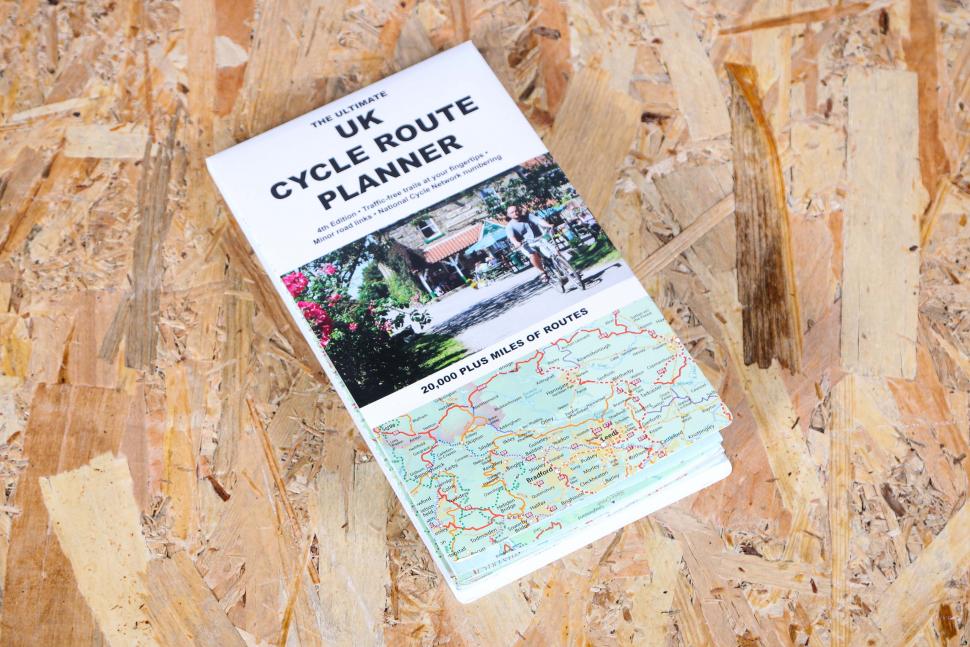 2023 The Ultimate UK Cycle Route Planner 4th Edition.jpg
2023 The Ultimate UK Cycle Route Planner 4th Edition.jpg£9.95
VERDICT:
Information-dense map with a vast network of UK traffic-free or low-traffic routes
Vast network of traffic-free routes on one map
The whole UK on one map
Great adjunct to online planners
Over-reliant on Sustrans network
Needs more minor roads
Sheer amount of detail can be confusing
Weight:
130g
Contact:
At road.cc every product is thoroughly tested for as long as it takes to get a proper insight into how well it works. Our reviewers are experienced cyclists that we trust to be objective. While we strive to ensure that opinions expressed are backed up by facts, reviews are by their nature an informed opinion, not a definitive verdict. We don't intentionally try to break anything (except locks) but we do try to look for weak points in any design. The overall score is not just an average of the other scores: it reflects both a product's function and value – with value determined by how a product compares with items of similar spec, quality, and price.
What the road.cc scores meanGood scores are more common than bad, because fortunately good products are more common than bad.
- Exceptional
- Excellent
- Very Good
- Good
- Quite good
- Average
- Not so good
- Poor
- Bad
- Appalling
With almost all the UK's cycle routes on one double-sided map, The Ultimate UK Cycle Route Planner is a really useful companion to online map systems for longer rides.
Online route-planning sites are great, but sometimes you need a bigger view than they provide. The Ultimate UK Cycle Route Planner gives you that wide-angle view. The Route Planner gathers all the UK's designated cycling routes into one map, from the Sustrans National Cycle Network to less-publicised routes like Swans Way in Northamptonshire, Buckinghamshire and Oxfordshire. The only significant network I can think of that's missing is the National Byway, perhaps because its routing on minor roads doesn't fit the Route Planner's traffic-free emphasis.
Unlike a lot of online maps, railway lines and stations are clearly shown here so you can plan train-assisted rides too. Canalside paths are also marked in three degrees of usability: no cycling, NCN cycle route and possibly cycleable.
I do like that 'possibly'. For me, the most memorable rides involve an element of exploration. That can be just riding a new route, but it's exciting to head down a road and not be sure it's actually passable.
If you like a little bit more certainty, you might find the UK Cycle Route Planner is over-reliant on the Sustrans National Cycle Network. Even Sustrans itself has admitted some of the network isn't fit for purpose, and while some of the worst sections have been removed from the official network there's still a high degree of uncertainty when it comes to just what sort of surface quality you should expect. Some of the tracks marked on here are barely passable by mountain bike. For example, there's a section of the Icknield Way south-west of Thetford – marked here among 'cyclable national trails & signed mountain bike routes' – that was six inches deep in sand when I tried to ride it a few years ago.
On the other hand, one of my local trails, Worsted Street Roman Road, is marked as a mountain bike track when it's quite doable on a hybrid or a road bike with 28mm tyres, especially in dry weather.
> 4 reasons why your next bike should be a touring bike
Relying on the Sustrans network brings another problem – that it ignores enormous numbers of great minor roads. The UK's best cycling is on minor roads, because the vast majority of them have proper hard surfaces (albeit battered ones after 13 years of Tory neglect) but very little traffic as drivers stick to A and B roads.
> GPS cycle route planning made easy – how to plan and follow a bike route
The Planner does have some roads marked as 'suggested minor road links' and this is something I'd like to see a lot more of, though I suspect marking all of them would make many areas almost into solid masses of purple. Maybe Excellent Books can set up a method of people submitting approved routes, or use heatmaps from Garmin or Strava that in my experience tend to do a good job of steering away from the busiest roads.
It could be I'm asking for serious scope creep here. The UK Cycle Route Planner focuses on traffic-free routes and does about as good a job as it's possible to do of collecting them all on one map.
Conclusions
I don't think more route information could be crammed into a single map without it having to be unfeasibly large. If your cycling life involves planning longer rides, this map could be a big help.
Who should buy the UK Cycle Route Planner?
If you want to plan longer routes than is easily feasible on a typical online map tool, this is for you.
Verdict
Information-dense map with a vast network of UK traffic-free or low-traffic routes
road.cc test report
Make and model: The Ultimate UK Cycle Route Planner 4th Edition
Size tested: n/a
Tell us what the product is for and who it's aimed at. What do the manufacturers say about it? How does that compare to your own feelings about it?
Excellent Books says:
All of the UK's signed cycle routes together on one map – National Cycle Network and other waymarked cycle routes. Double-sided to cover England, Wales and Scotland.
Brings all of the UK's signed cycle routes together on one map.
Uses the outstanding quality and detail of Times Comprehensive Atlas mapping, Sustrans' National Cycle Network and other popular cycle trails are featured and defined – traffic free or on road.
Family cyclists will love the listed traffic free trails.
Tell us some more about the technical aspects of the product?
Page Size: 120 x 240 mm
Publisher: Excellent Books
Edition: 4th edition, January 2023
Binding: Sheet map (folded)
Illustrations: Colour mapping
Weight: 120g
Rate the product for quality of construction:
8/10
Tidily printed and folded with the cover neatly glued on.
Rate the product for performance:
8/10
Delivers a bunch of useful information in one big ol' map.
Rate the product for durability:
3/10
It's made from paper so best not used as an impromptu umbrella, groundsheet or shield against gunfire.
Rate the product for weight (if applicable)
6/10
Paper construction helps keep the gram-count down.
Rate the product for comfort (if applicable)
6/10
Well-finished edges seem to reduce risk of paper cuts.
Rate the product for value:
9/10
Other cycling-orientated paper maps are in the same ballpark, but just a tenner to have all this information in one place is a bargain!
Tell us how the product performed overall when used for its designed purpose
Very well.
Tell us what you particularly liked about the product
Lots of route possibilities in one gert big map.
Tell us what you particularly disliked about the product
Lack of National Byway; more recommended minor roads would be good.
How does the price compare to that of similar products in the market, including ones recently tested on road.cc?
As far as I can tell the UK Cycle Route Planner is unique. Other cycling-orientated paper maps are in the same ballpark.
Did you enjoy using the product? Yes
Would you consider buying the product? Yes
Would you recommend the product to a friend? Yes
Use this box to explain your overall score
This is a very good idea, well executed.
About the tester
Age: 56
I usually ride: Scapin Style My best bike is:
I've been riding for: Over 20 years I ride: Most days I would class myself as: Expert
I regularly do the following types of riding: commuting, touring, club rides, general fitness riding, mtb,
John has been writing about bikes and cycling for over 30 years since discovering that people were mug enough to pay him for it rather than expecting him to do an honest day's work.
He was heavily involved in the mountain bike boom of the late 1980s as a racer, team manager and race promoter, and that led to writing for Mountain Biking UK magazine shortly after its inception. He got the gig by phoning up the editor and telling him the magazine was rubbish and he could do better. Rather than telling him to get lost, MBUK editor Tym Manley called John’s bluff and the rest is history.
Since then he has worked on MTB Pro magazine and was editor of Maximum Mountain Bike and Australian Mountain Bike magazines, before switching to the web in 2000 to work for CyclingNews.com. Along with road.cc founder Tony Farrelly, John was on the launch team for BikeRadar.com and subsequently became editor in chief of Future Publishing’s group of cycling magazines and websites, including Cycling Plus, MBUK, What Mountain Bike and Procycling.
John has also written for Cyclist magazine, edited the BikeMagic website and was founding editor of TotalWomensCycling.com before handing over to someone far more representative of the site's main audience.
He joined road.cc in 2013. He lives in Cambridge where the lack of hills is more than made up for by the headwinds.
Latest Comments
- AidanR 19 min 46 sec ago
I can't help but think that wank-panzers doing 40mph by an elementary school is more dangerous than cyclists doing 10mph.
- Sniffer 35 min 42 sec ago
Can't answer your question directly, but if you do decide to buy a new Turbo I noticed that Halfords have Elite trainers that would be perfect for...
- chrisonabike 1 hour 22 min ago
Apparently I liked that comment, but I have no memory of that....
- StevenCrook 1 hour 25 min ago
All of your price links appear to be pointing to the non pro version...
- Surreyrider 2 hours 12 min ago
Good try. Won't work.
- Surreyrider 2 hours 14 min ago
More than six times over the legal limit? She's the winner here. Her punishment is insufficient.
- Smoggysteve 2 hours 28 min ago
Sram only have a foot in the market with regards to road bike abd mountain bike (and loose variations of) The rest of the bicycles sold around the...
- wtjs 3 hours 44 min ago
so my hands are near the brake levers...
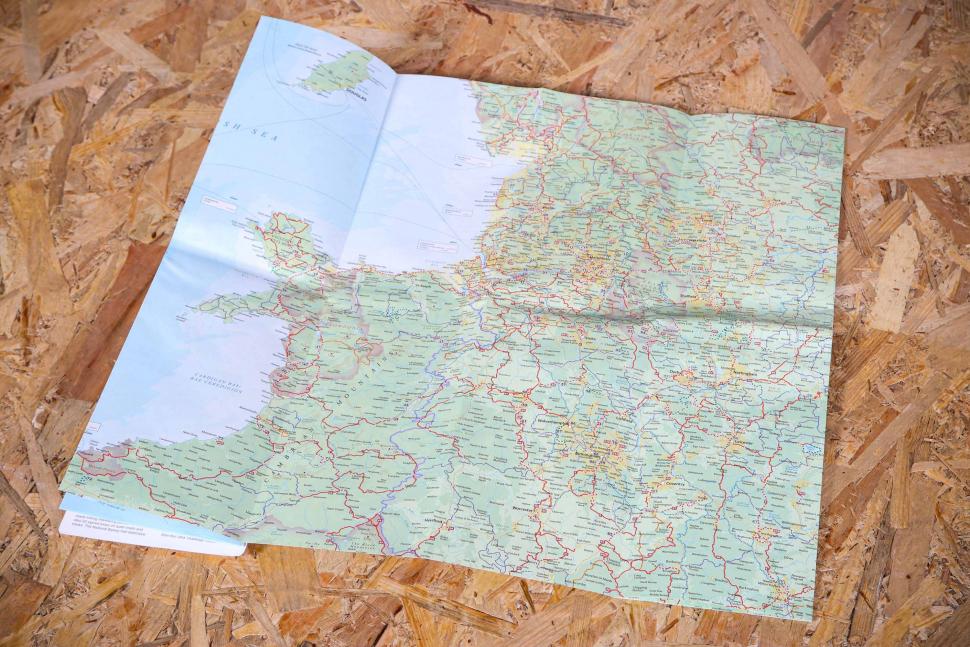








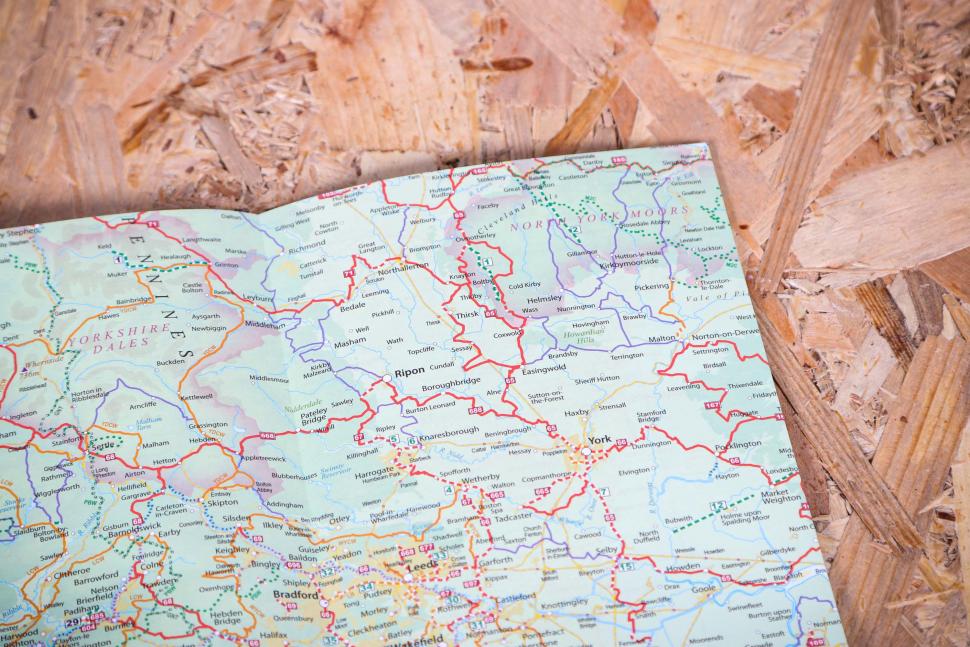


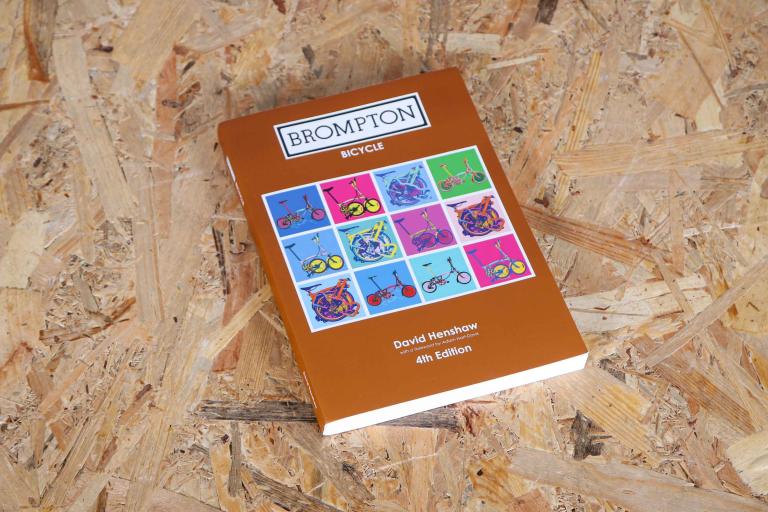
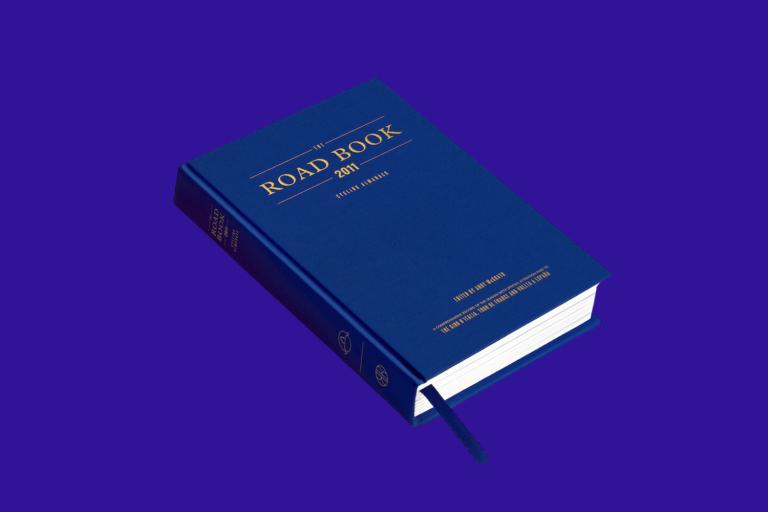
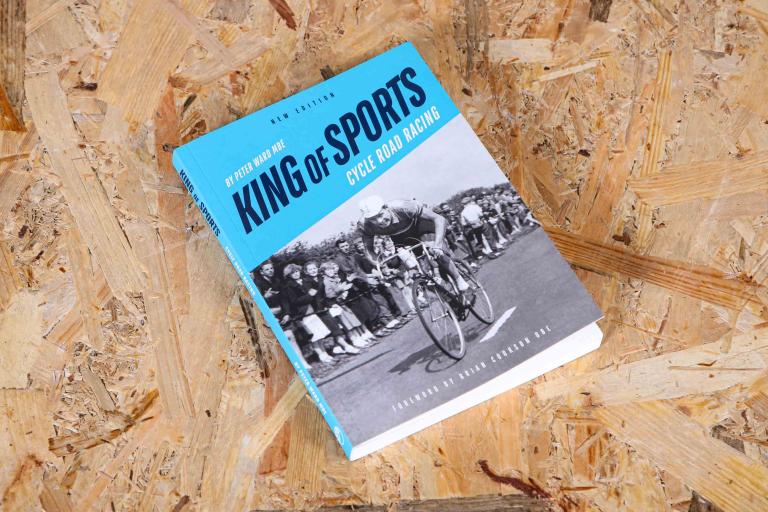
Add new comment
82 comments
Excise duty per litre is down by just under 40% in real terms since 2011, and it is actually 10% lower in *cash* terms. There's a hell of a lot of scope there to bring in £10-20bn pa extra.
On electrical vehicles, I predict that they will be paying £3000 tax per annum each within 7-8 years, since that is approx the loss from each ICE vehicle. Our current Govt are leaving a time bomb for Mr Starmer, imo because it is their Hail Mary pass for the next election.
I think the "Highest Tax Take" since the war stuff is pure political guff shorn of context. Are many Western countries differen? I'll give you eg France destroying it's energy industry before nationalising and hiking the national debt for Ms Macaron to delay stuff until after the election; look at him now.
As for Council Tax, that's up because of Govt contribution cuts (worse in Scotland iirc), so we need the proportional property tax.
And I'd take away the House Price Inflation driving CGT Exemption on main dwellings whilst I was at it.
I think road pricing is on its way for all cars. The infrastructure going in across the country is set up for that, it will still be a politically 'brave' move but I think it's inevitable.
Higher council tax with revised bandings would also make a lot of sense. It seems insane that a £20m mansion should pay only slightly more council tax than a £50000 terrace.
I don't really buy the idea that £20bn can be raised from fuel duty, for most people it's mostly non discretionary spending so that money will simply come out of the economy somewhere else.
The Telegraph has an interesting little feature today where you can compare your personal taxation rate under each prime minister since Thatcher. For higher earners the Blair/Brown years were apparently the best. Cameron and May best for low earners. Obviously it's just looking at income taxes so doesn't capture the full scope but a nice little counterweight to the usual arguments trotted out.
Generally sounds good. More pertinently we need to fix "road tax" (e.g. VED) and maybe stop wasting such large sums via the road budget!
"introduce long-term thinking" is a many-pipe problem and a great source of hubris! We're not good at long-term and there are certainly some specific things to tackle here. There is no "solution" to balancing things here of course - humans are not long-term artifacts, nor are many human creations (societies, ideas...).
Also noting:
- are there any "natural experiments" we can examine for guidance (e.g. other comparable places / times)? This does work for cycling infra e.g. looking at our own history / just over 100 miles to the south-east! rich_cb has at least given the Welsh example - exactly how comparable can then be debated.
- beware unintended consequences! Putting the likes of Michael Gove and Boris Johnson in charge of dealing drugs might not actually be so much better than letting "private industry" handle this...
- any new system neeeds to be self-perpetuating
... and of course if you do indeed create utopia your neighbours may get jealous / lots of people may come over to enjoy the benefits.
The inheritance tax is a big one for me. So few people pay any inference tax because they set up their finances so that they leave an estate <£325k in value (or <£650k for a surviving spouse). By gifting the remainder, a person can get out of paying any inheritance tax at all. It's a complete farce.
Exactly, it's basically a tax on unexpected death.
Anyone with an estate large enough to pay Inheritance Tax has enough money to legally avoid paying it.
I'd prefer a Land Value Tax or similar. At one time this was actually Labour policy.
I wouldn't - purely because I'd be highly dubious of how it's calculated. You don't have to spend much time in a rural community to see that "owning land" =! "rich". I have neighbours with 10+ acre hillside smallholdings (that have been in their family for generations) that struggle to afford shoes. The land couldn't be used for much else due to it's location, wildlife protections, etc. You couldn't build houses there for example. All a LVT would do is force these people out of thier homes and destroy these communities.
If it can't be used for much then it will have a value commensurate with that.
You can buy thousands of acres in the Highlands for the same price as a few square metres in central London.
I'd include an exemption/reduction for agriculture, which ironically, is already in place for IHT leading to lots of wealthy people (Clarkson for example) 'taking up' farming.
It still has "value" as second-home/country retreat for the rich, who wouldn't be worried about not being able to develop it, and a 1-2% LVT (going on purchase price) would still be completely beyond the reach of every single member of my local community. Gentrification of rural communities is already an issue, and introducing an LVT would just massively accelerate that, as it would force these people out of their homes and replace them with Londoners who wouldn't even blink at a £10-50k annual LVT payment ( whould probably also be leaving the property empty for 6-11 months a year).
I'd argue that 'Londoners' would have far less money to spend under an LVT.
2% per annum of a London property is going to be significant. That's a lot less money to spend on second homes which will also attract an additional LVT payment.
If the land isn't being used for agriculture (and thus is ineligible for exemption) and isn't useful for anything else then I'm struggling to see how it could be worth a lot of money.
If an LTV encouraged that land to be used for agriculture then that would be a benefit IMO.
Non-working smallholdings are worth a lot as second homes/country retreats. the people already in properties like this could not afford a 1-2% market value LVT on homes they've lived in their whole lives, their parents lived in, their grandparents lived in, ect.
You could be right that an LTV could re-balance the market and people from London could no longer afford these second properties, causing their value to drop significantly, but the people currently in these communities would already have been forced out of their homes by the time this happens. If you place a barrier on living in rural location that only rich people could possibly meet, then guess what? Only rich people will.
Some of it can't be, due the type/amount of land/protected woodland/wildlife protections, etc. These properties are still valuable as second homes for people that have no intention of working/developing the land. The people currently living in these properties could not afford an LTV based on what some investment banker would be willing to pay for the property as a summer retreat.
For the property rich but cash poor you could always allow a deferral to be made against the property value until the next change of ownership.
As I said, an LTV will make second home ownership more difficult in general so will protect this sort of propertt as far as that is possible in a free market.
It's complex but apparently lots of the Highland estates / islands were used in some way recently as surety / holding capital for corporations. (I don't understand this myself but there are detailed books and indeed a website for looking it up). Some of which as been re-claimed by communities / trusts - albeit often at large cost to the general taxpayer...
Interestingly this all came about by a political collectivisation, aristocratic takeover and then the market and "new money" moving in! (Also a complex issue - again good literature available).
I believe that austerity applied throughout the UK.
The Welsh government receives a far greater amount of funding per person than England for devolved services.
The services delivered are objectively worse despite this.
They also have the power to raise taxes. They choose not to use those powers.
Public spending pre 2008 was already unsustainable, once the financial crash hit it was inevitable it would have to fall regardless of who was in power.
I assume you mean 'the facts according to jaymack'? It must be nice to live in your black and white utopian world, speaking 'your truths', happily free from those troublesome nuances, counter arguments, different opinions and grey areas. Nothing about the article or your repeated post hurt my feelings. I just believe there is a time and place for political pronouncements and demonstrating your anti-Tory credentials, and this article wasn't it.
Politics dictates everything from the quality of the air we breath to how clean the streets are and how frequently the bins are emptied. You are welcome to express your views whenever and however you wish. As for political views being expressed in the article, road.cc ain't the BBC. May you live long and prosper.
And the same to you. Views are fine, but silly, lazy statements like asserting as a 'fact' that no public services are better now than in 2010 is just dragging the quality of discourse down to 'I'm right and you're wrong and nothing you say will make any difference to my 'truth''. In my 'view', it's a very short step from this to the frankly frightening cancel culture environment we seem to be heading towards nowadays.
The thing about the alleged cancel culture is that if one is used to priveledge equality feels like oppression. And I'd also like to add that I've now ordered a copy of the map just in case anyone thought I was only interested in being grumpy. But I did only buy one 'cos it's got red lines on it.
That's a bit of a truism and a trope.
Specifica examples? NHS Diabetes Services are significantly improved.
And for that I truly rejoice.
When I lived in Hull West, the local labour rep was against improvement for anyone cycling, or for affordable homes either, which shows labour, like many parties is a franchise. Still despise the Tories though.
I still live in Hull West and that is still true.
It is, however, the "greener, more progressive" LIberal Democrats who are now planning to tear out the segregated cycle lanes that Labour put in place.
Pages